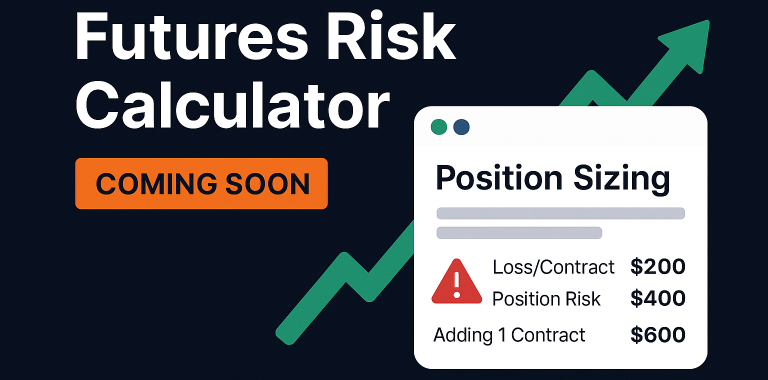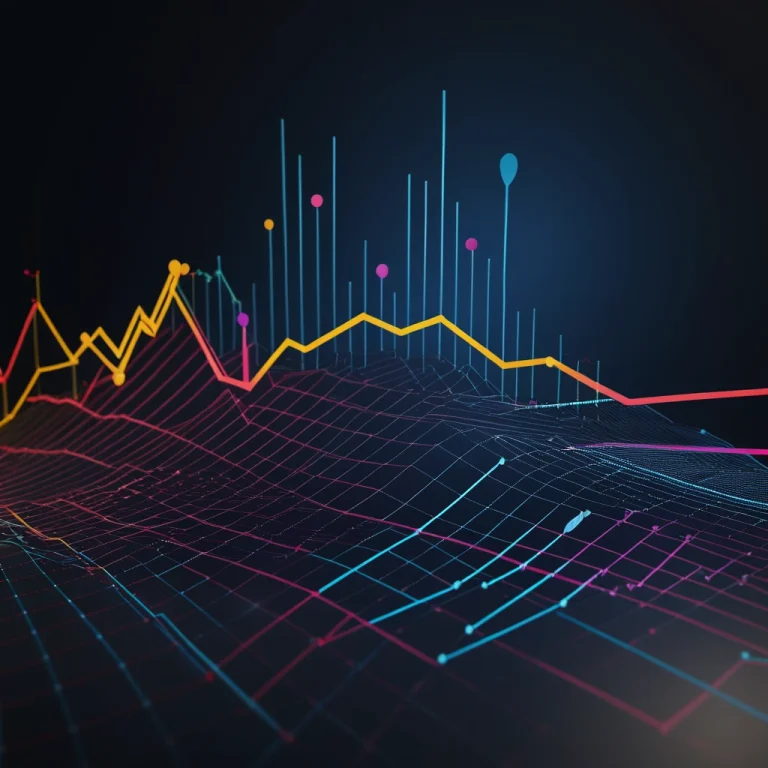What is Futures Trading?
Futures trading involves buying and selling contracts that agree to trade an asset at a specific price on a future date. Unlike stocks where you own shares of a company, futures contracts are agreements about future transactions.
How Futures Work
When you buy a futures contract, you’re not buying the actual commodity or asset. You’re agreeing to buy or sell it at a predetermined price when the contract expires. Most traders close their positions before expiration, profiting from price movements.
Popular Futures Markets
- Crude Oil – Most actively traded commodity
- Gold – Popular hedge against inflation
- S&P 500 E-mini – Stock index futures
- Wheat, Corn, Soybeans – Agricultural commodities
- Natural Gas – Energy sector
Key Advantages
- Leverage – Control large amounts with small deposits
- 24-hour trading – Markets never sleep
- Liquidity – Easy to enter and exit positions
- Hedging – Protect against price changes
Risks to Consider
- High leverage amplifies both gains and losses
- Margin calls can force position closures
- Time decay – contracts have expiration dates
- Complexity – requires market knowledge
Is Futures Right for You?
Futures work best for traders who understand leverage and can handle volatility. Start with paper trading to learn contract specifications and margin requirements before risking real money.
Next Steps Ready to explore futures? Check our broker comparisons to find platforms with good futures access and educational resources.

